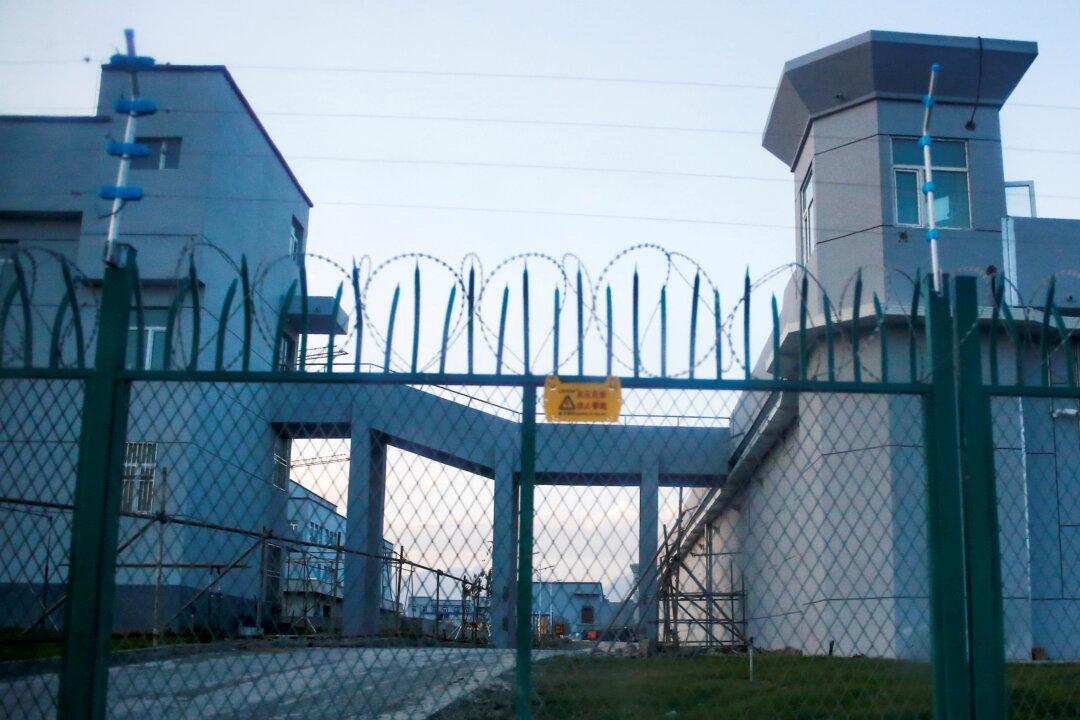Commentary
When I was in late elementary school, I realized I could not see the blackboard very well. Reluctantly, I accepted that I needed to have my eyesight tested. Sure enough, I was nearsighted (myopic) and got glasses.I am not sure if this is acceptable these days, but I was called “four eyes” as a consequence. Later, in my mid-50s, after undergoing laser eye surgery to correct my myopia, I became farsighted and now have to wear reading glasses (does that make me six-eyed?). I am not alone in this, but it is a nuisance.





